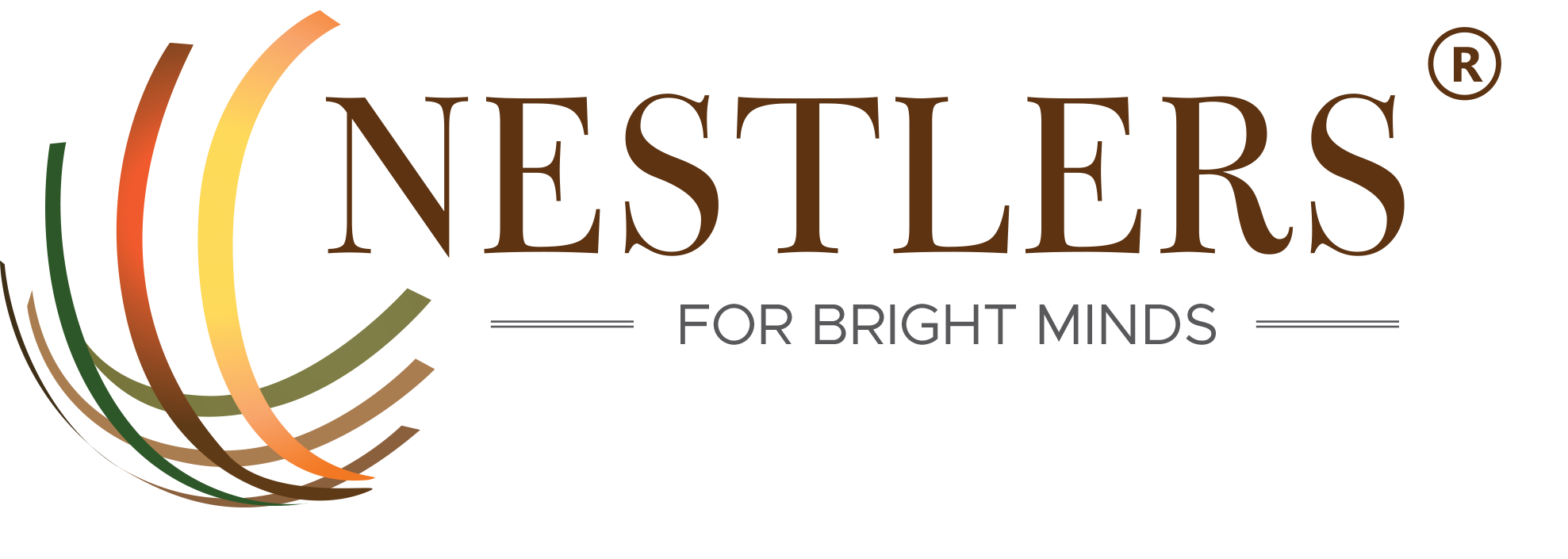The European Parliament has made a significant move by adopting a reformed Schengen Borders Code. This reform is designed to enhance free movement within the Schengen area. The primary goal is to clear up existing rules and decrease the occurrence of temporarily reinstated border controls inside the zone.
Key highlights of the new rules include the authorization for Schengen states to employ temporary border controls for a maximum of two years in response to severe threats to public policy or internal security. These threats could involve issues like terrorism, organised crime, or sudden large-scale movements of third-country nationals. Additionally, there is provision for prolonging these controls for up to an additional year.
Amid public health emergencies affecting multiple member states concurrently, jeopardizing the entire Schengen area’s functionality, the Commission is empowered to sanction border controls in multiple states for six-month periods. A thorough assessment of effectiveness, proportionality, and repercussions must precede any decision to reintroduce border controls, necessitating a subsequent risk assessment after six months.
Moreover, in an attempt to tackle health crises methodically, the newly adopted law lays down unified criteria for entry into the EU from third countries during such emergencies. These provisions aim to facilitate the movement of EU citizens, residents benefiting from free movement rights, and essential travelers by exempting them from certain restrictions.
Furthermore, the reformed Schengen Borders Code advocates for heightened police collaboration in border regions as a substitute for border controls. Particularly, joint patrols targeting third-country nationals with irregular status may result in the transfer of individuals directly to another EU country if they were detected during these patrols. Notably, safeguards for minors have been emphasized to ensure their best interests are prioritized during any transfers.
In response to potential misuse of migration by third countries, the reform outlines procedures available to Schengen nations in such scenarios. This includes temporary restrictions or closures of border-crossing points while upholding the rights to asylum and free movement for EU citizens and long-term residents.
Connect with Nestlers consultants
Do you need immigration and relocation services or consultancy?
It’s easy! Use the below contact form and one of our experts will provide you an answer as soon as possible.
Our consultants can help you in obtaining legal documents and can provide you with assistance regarding the immigration processes, relocation, taxes and payroll, Social Security (European forms A1, S1, U1, etc.) for your employees.





